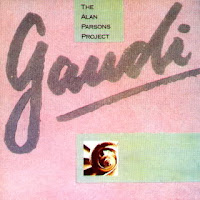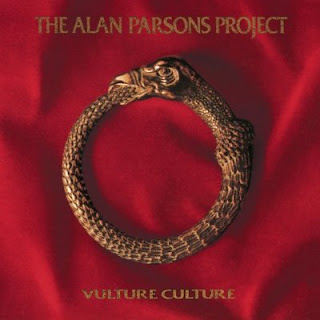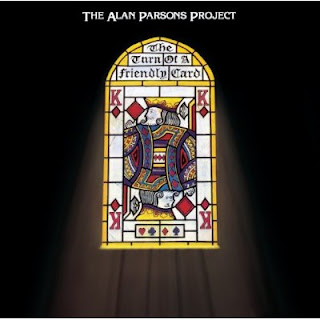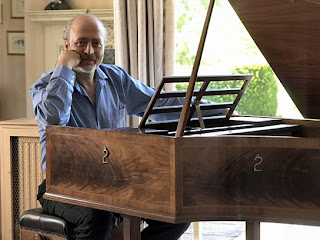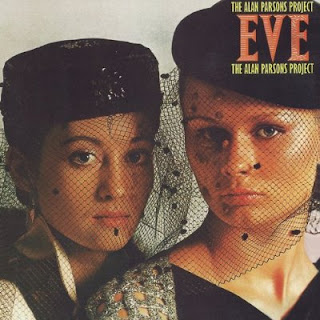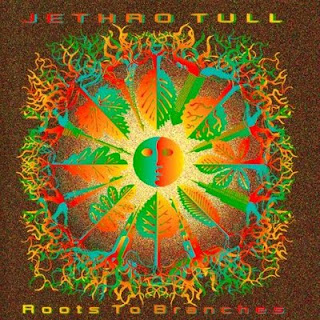 And a Bell In Your Head Will Ring
And a Bell In Your Head Will Ring4 out of 5 stars
The Hermit Of Mink Hollow
That sad little ballad underpins the emotional state of this album. Rumored to have been written in the aftermath of breaking up with then girlfriend Bebe Buell, heavy songs like "Hurting For You" or "Lucky Guy" just ooze heartache. Even the socially poignant songs ("Bread" and "Bag Lady") come from a pained place. At the same time, Todd's pop skills are in full evidence here; both "Hurting For You" and "Friends" are incredibly memorable.
Even with the sadness, there's still plenty of fun here. The ersatz soul of "You Cried Wolf" and the 100 seconds of silliness that is "Onomatopoeia" keep things from bogging down, and he lets loose with a concert ready rocker on "Out Of Control." Todd is too savvy a songwriter to let things get overly draggy. He can plunge into drawn-out works when so inclined (Healing




